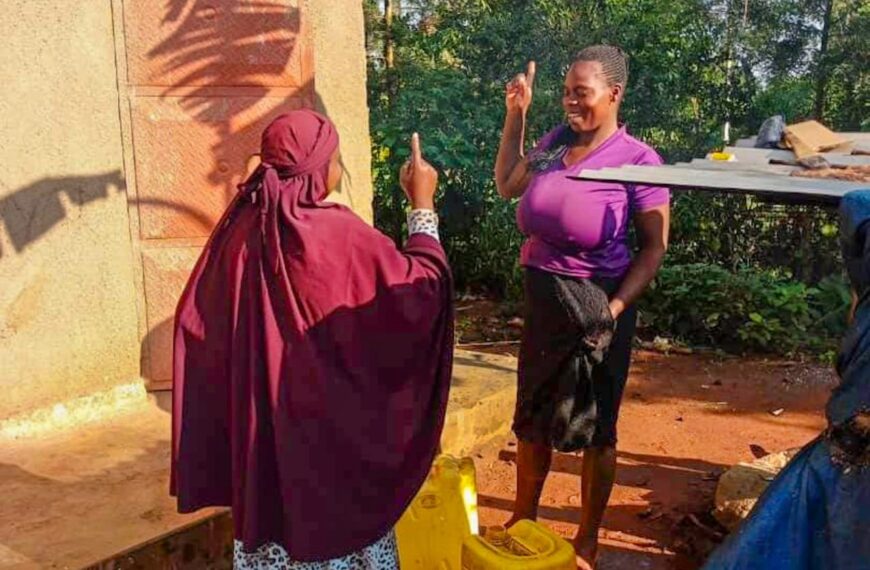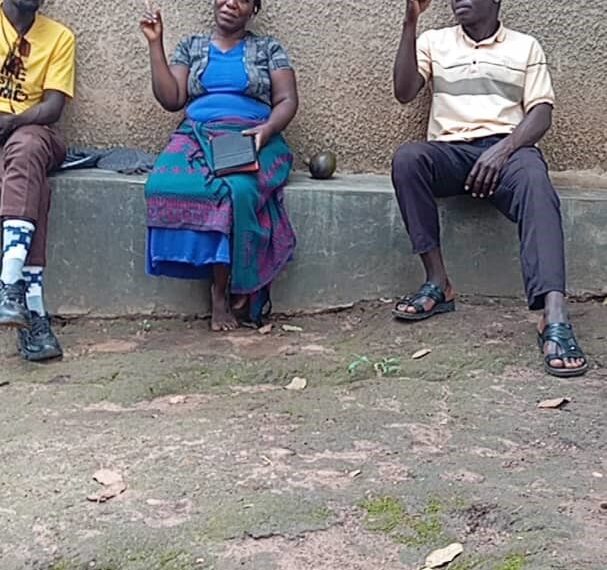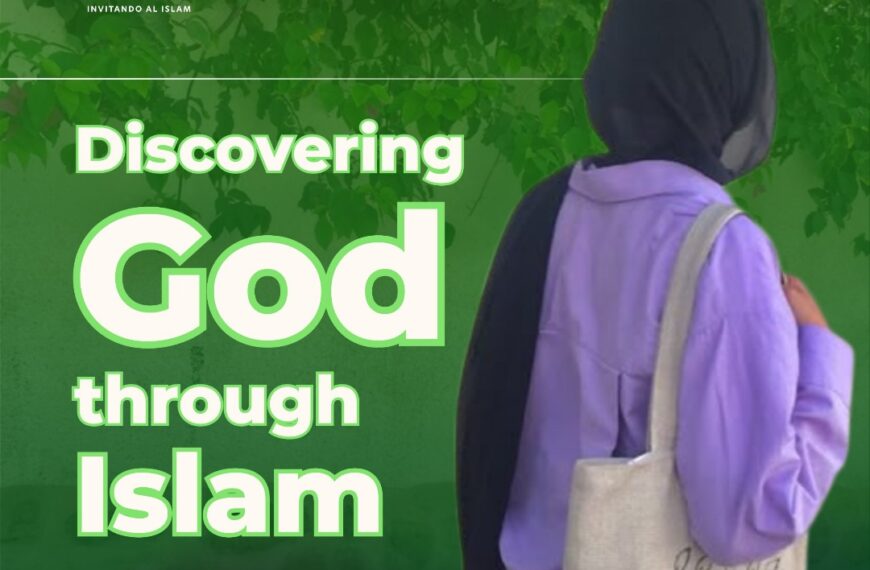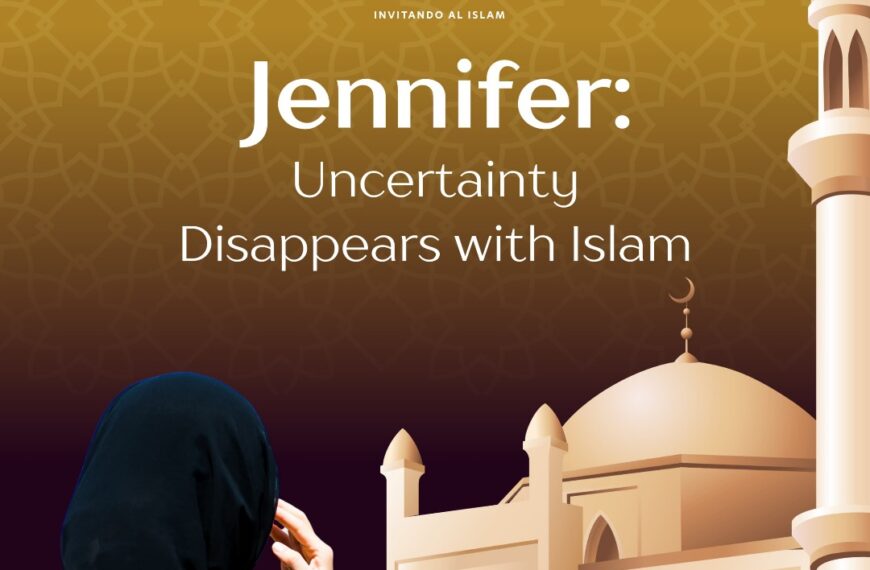In the heart of rural Uganda, where tradition runs deep and communities thrive on trust and heritage, change rarely arrives swiftly—but when it does, it can ripple across generations.
In one such village nestled among the rolling hills and dusty paths, the dedicated Du’āt of iERA Uganda were sowing the seeds of spiritual growth. Their mission: to share the message of Islam with compassion, clarity, and wisdom, and to support those ready to walk its path.
Among the many who observed this quiet revolution was Mr. Richard, the respected chairman of the village. Known for his wisdom and leadership, he had long carried the responsibility of guiding his people.
Though not a Muslim, Mr. Richard found himself intrigued by the work of the Du’āt—how they spoke with humility, served selflessly, and inspired a new sense of purpose among the villagers.
He watched as his neighbors—young and old—attended new Muslim support classes, learning how to pray, understanding the meaning of faith, and embracing a way of life that emphasized integrity, unity, and peace. It was unlike anything he had seen before. And within him, questions began to stir.
One afternoon, as a modest group gathered under the shade of a mango tree for their weekly lesson, something remarkable happened. Mr. Richard stepped forward. His entrance was met with respectful silence and quiet surprise. Without pretense or formality, he addressed the group:
“My beloved community,” he began, his voice strong yet gentle, “I have watched, and I have listened. What I see here is not just religion—it is transformation. For years, I have prayed for something to unite us, to lift us morally and spiritually. Today, I believe I have found it.”

But he didn’t just speak. He stayed.
Taking a seat among the learners, Mr. Richard opened his heart and mind to the teachings of Islam. He asked questions. He listened deeply. He reflected. His presence was more than symbolic—it was an act of humility and a testament to his evolving conviction.
In the days that followed, Mr. Richard became more than a supporter—he became a partner in outreach. Walking alongside the Du’āt, he personally visited households, urging families to attend the classes, to explore the faith that had brought such positive change. His influence, once merely administrative, became spiritual and communal.
Then came the turning point.
One early morning, in the company of those he had once only observed, Mr. Richard embraced Islam, declaring his Shahada with a heart full of certainty and a soul ready for renewal.
His transformation sent waves of inspiration through the village. Here was a man of status, not converted by pressure, but drawn by truth. A man who had led by policy was now leading by example.
Under his leadership, the next support class saw a surge in attendance—more than 40 villagers came, eager to learn, to ask, and to grow. What began as a spark ignited a fire of faith and curiosity. The village, once unfamiliar with Islam, now spoke its greetings and studied its teachings with open hearts.
Mr. Richard’s journey—from respected elder to humble student, from observer to believer—is a vivid reminder that no one is beyond transformation. When truth is presented with sincerity, and hearts remain open, even the most unexpected souls may walk the path of light.
May his story continue to inspire change and build bridges across communities seeking purpose, unity, and truth. Alhamdulillah.





